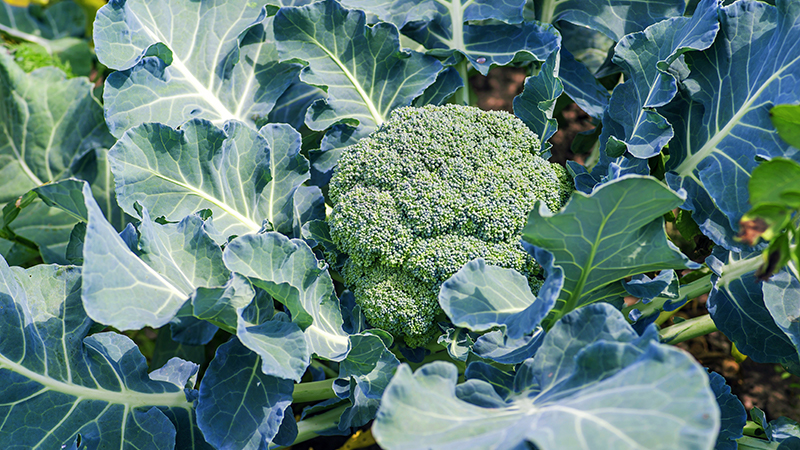Protect Your Organic Crops
Producing a safe crop is every grower’s goal, but organic producers may have a natural leg up over their conventional counterparts in the area of food safety. According to Chuck Benbrook, chief scientist of The Organic Center, there are several food safety advantages to organic production:
1) Systems typically avoid excessive use of fertilizer, which can exacerbate bacterial contamination in the field.
2) Systems depend on a much
higher level of microbial diversity, so there tends to be a higher level of natural control.
3) Organic plants grow slower, and fruit matures at a smaller size. Smaller cells are less vulnerable to bacterial and viral attack.
Compost Concerns
But Benbrook also notes one disadvantage: Organic systems depend on a natural source of nutrients — typically compost made from livestock waste — which poses a risk of bacterial contamination. However, the National Organic Program has strict requirements on how compost can be used. Proper heat treatment of compost is a reliable method to kill pathogens, but some companies may not be heating it long enough to kill all pathogens.
“Growers have to make sure their compost suppliers are following the recommended guidelines,” says Benbrook. “In general, compost use is strictly regulated in organics, but not in conventional production.”
What To Watch
On the other hand, Benbrook notes that both organic and conventional systems are subject to many of the same concerns — such as produce harvested wet, improper storage, and lack of good personal hygiene.
“Follow the recommended good agricultural practices in your area,” advises Benbrook. “Prevention is far preferred to dealing with a contamination episode.”
He also suggests growers work with buyers and processors to test for the presence of bacteria. However, he strongly cautions that growers should never take action based on one positive test because false-positives can and do occur. “Have an independent lab perform a second, or even third, test,” says Benbrook. “Tests can normally be done in a day in an emergency situation and are well worth it.”
Bob Scowcroft, executive director of the Organic Farming Research Foundation, offers some additional advice: Keep packing sheds as clean as possible and make sure all hand-washing facilities are in good working order. “Organic growers need to have management systems in place for all possible points of contact,” he says. Another important aspect, he adds, is keeping an eye on your neighbors. For example, how well monitored is runoff on nearby feedlots?
By covering all the bases and anticipating problems before they arise, organic growers can help keep their crops safe and sound.








